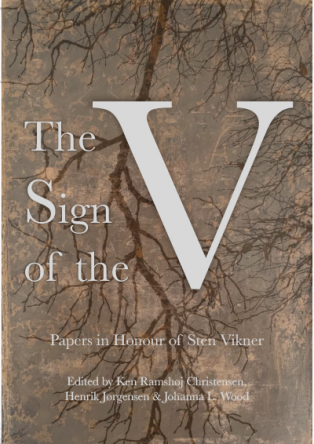Formal semantics and functional semantics
Synopsis
This joint article represents an attempt to clarify relations between two rather different approaches to the description of linguistic meaning: truth- conditional semantics (as represented by Peter Widell) and functional semantics (as represented by Peter Harder). The two approaches are anchored in different traditions, are based on different theoretical premises, and have different objectives. Truth-conditional semantics is based on a philosophical tradition with strong relations to logic, while functional semantics is based on a linguistic tradition with borrowings from evolutionary biology (and also from speech acts philosophy). We argue that an integrated picture that accommodates both approaches can be achieved by a mutual recognition of the different aims as well as of a central area in which the different aims give rise to compatible insights about linguistic meaning.

